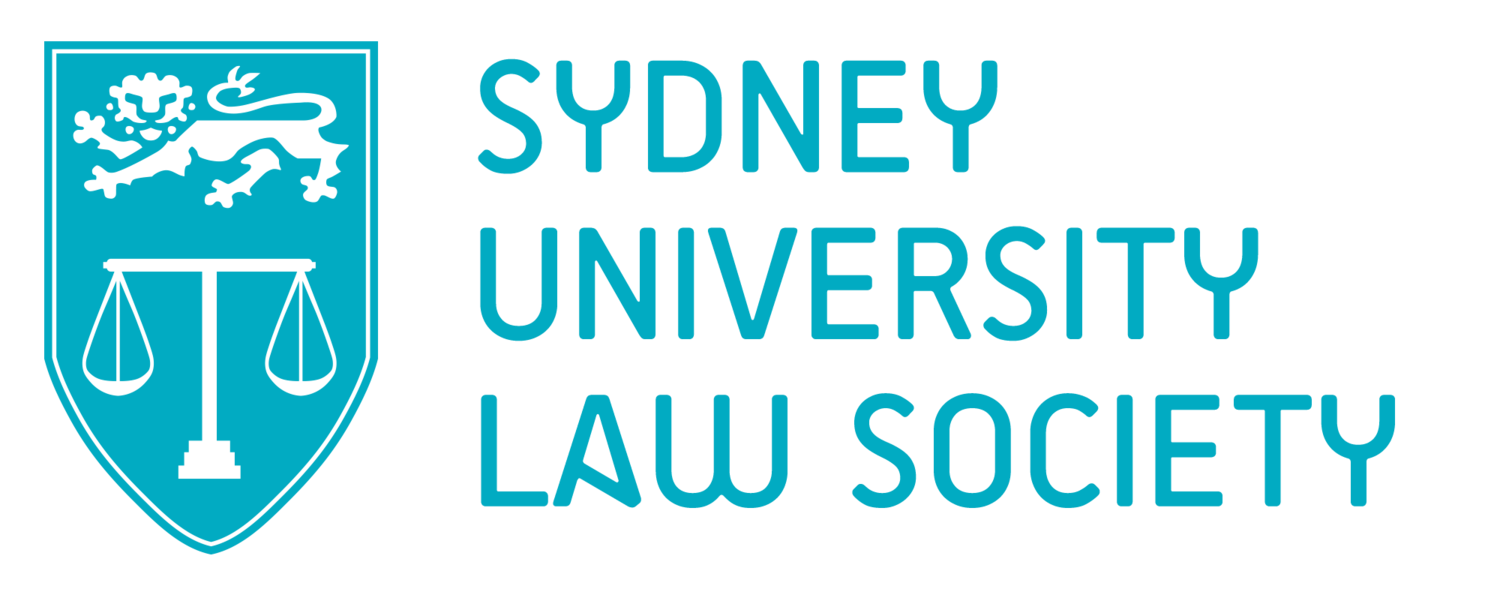Eric Van Winssen
1. Where do you work and what is your position?
I’m a graduate lawyer at Hogan Lovells.
2. What countries have you worked in?
Outside of Australia I have worked in two other countries over the course of my degree. I spent my first summer break back in Canada working for a regional law firm and my second summer completing a clerkship in Singapore.
3. Did you consider applying for non-legal positions?
No. For me, the decision to go to law school was a commitment to pursuing a career as a lawyer. Studying at Sydney Law School was a step towards achieving that goal, not a pivot towards a different career path as it is for some.
4. Extra-curricular activities you got involved in (societies, clubs, athletics)?
My approach to extra-curricular activities was focused around two of my interests: sport and international law/business. I think it is vital to have a genuine interest in the activities and groups you are getting involved with, as you will get much more from your experience and provide greater value to those you work with. Additionally, when you are applying for jobs it is useful that your CV has a clear narrative and that you have been working towards a career in that field.
In light of that, I undertook numerous activities both on and off campus. At the University I was involved with SULS throughout most of my degree, first as a member of the Careers subcommittee and second as the International Officer. Outside of Sydney Law School I contributed articles to numerous international affairs publications, interned at the Australian Centre for International Commercial Arbitration and played sport socially, among other things.
5. What is the most important tip you would give to international students before they go in for an interview?
You need to be prepared to answer two questions:
1) Why did you come to Australia?
2) What is going to keep you here?
When law firms bring on clerks and graduates they are making a substantial investment in them and want to know that they are not going to pack up and leave after a year or two. Consequently, it is important that you fully consider whether or not you see your future in Sydney.
Like most interview questions, firms will be able to tell if your answer is disingenuous. If you want to succeed, be sure to have an honest answer that reassures the firm about making an investment in you.
6. Biggest Challenge and how you got over it/did you ever get over it?
The biggest challenge I had was getting my foot in the door. There are a lot firms that are hesitant to consider international students. Moreover, clerkships and graduate positions are more competitive now than they have ever been, so it is easy for firms to filter out foreign applicants as a way of narrowing the field.
While being an international student certainly presents a risk for the firm, I endeavoured to turn this risk into a strength by emphasising the unique perspective I could bring. Having worked or studied on four different continents, I highlighted my ability to understand clients from diverse backgrounds and bring a different viewpoint to the firm.
Additionally, I conveyed my genuine interest in international corporate law. One of the biggest issues law firms face is the high attrition rate amongst graduate lawyers – the turnover rate for junior lawyers in Australia is almost 13%. Having a business background and experience working fulltime before studying law, I emphasised my genuine interest in working in corporate law. I also convinced firms that I was willing to work long hours in a high stress environment.
7. Do you have any general advice for international students?
Put yourself out there. Traditional recruiting channels are more limited for foreign students so you have to be more entrepreneurial. Building a network will be key to overcoming these challenges so don’t be afraid to send emails, go for coffee and try to network whenever you can.



